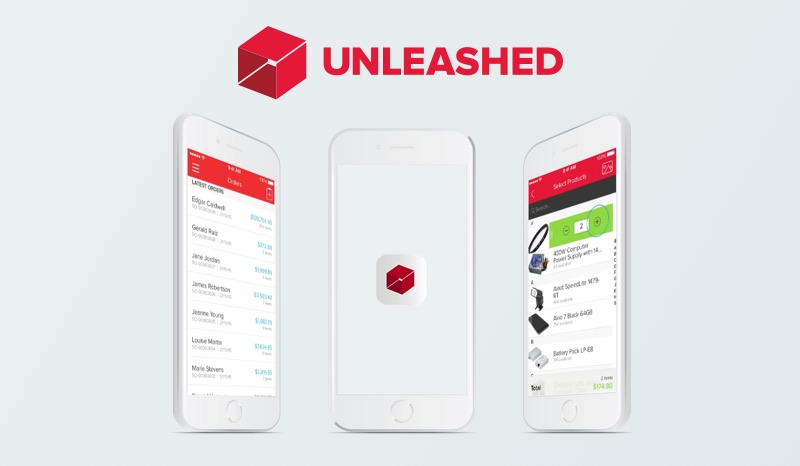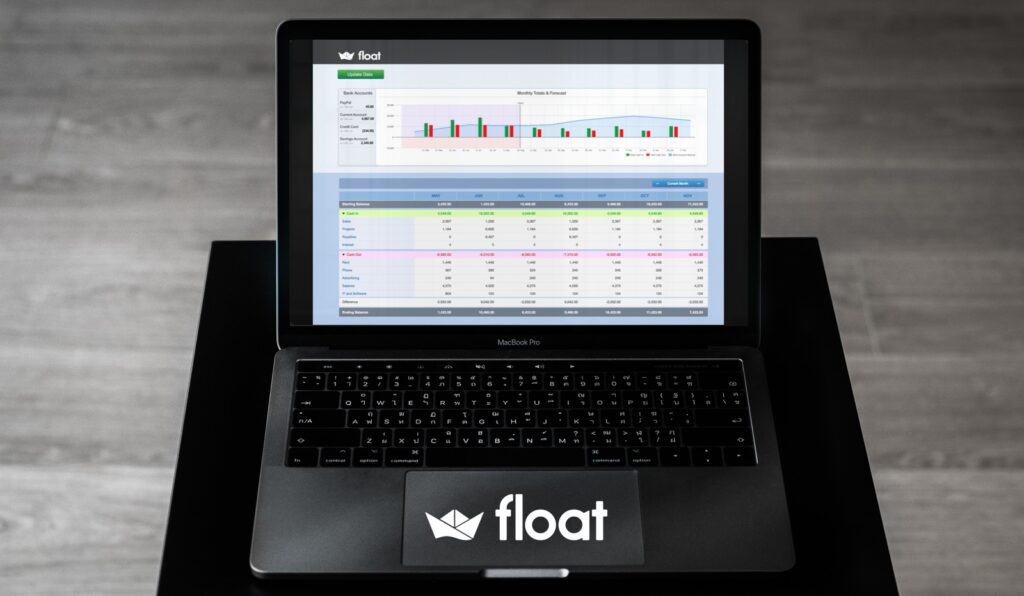Do you own a double cab ute and are you exempt from FBT?
If you own a double cab ute you may have seen articles recently about whether or not these vehicles are exempt from FBT (Fringe Benefit Tax).
All you need to know courtesy of Stuff.
Firstly, what is subject to FBT?
A motor vehicle fringe benefit arises when an employer makes a motor vehicle available to an employee for their private use, in connection with the employment relationship. That benefit is then subject to tax.
It is irrelevant whether a vehicle is actually used unless an exemption applies.
The exemptions are a work-related vehicle (WRV) exemption, emergency call exemption and business travel exceeding 24 hours.
If we look at the work-related vehicle exemption, we need to look at what a work-related vehicle actually is. This is where the definition can cause confusion as there are a few layers to it.
What is a work-related vehicle?
A WRV is a motor vehicle that:
- Prominently and permanently displays on its exterior the employer’s identification (e.g. it is branded/features logos, and the logos are permanent, they cannot be magnets); and
- Is not a “car”; and
- Is not available for the employee’s private use, except for private use that is travel to and from their home that is necessary in, and a condition of, their employment; or other travel in the course of their employment during which the travel arises incidentally to the business use.
A vehicle is only exempt from FBT on a day in which it satisfies all of the WRV criteria;
FBT will apply on any day that the criteria is not satisfied, most notably the prohibition on private use.
A “car” means a motor vehicle designed exclusively or mainly to carry people; it includes a motor vehicle that has rear doors or collapsible rear seats.
Most vehicles will be cars, however, if a car has had its rear seats removed or permanently bolted down (meaning it is not used mainly to carry people), then the vehicle will not be a car for the purposes of the WRV exemption.
Inland Revenue’s view in relation to double-cab utes is: “This vehicle is designed equally for carrying people and for carrying goods. The front half of the ute comprises the cab which has two rows of seats for carrying people. The back half of the vehicle is the tray, which is used for carrying goods. This vehicle is not a car.”
Is a sign-written double cab ute automatically exempt from FBT?
No, there is a common misconception that all utes are exempt from FBT. However, a sign-written ute can qualify for the WRV exemption if private use is restricted to home to work travel and any incidental private use which occurs while the vehicle is being used for business purposes (for example stopping at the supermarket on the way home).
In order to qualify for the WRV exemption, an employer should have a private use restriction in place, ideally a letter issued to the employee or a specific clause in an employment agreement.
As the WRV exemption applies on a daily basis an employer can allow private use at certain times and just pay FBT in relation to those days.
For example, an employer may restrict private use Monday to Friday and allow private use on Saturday and Sunday; in this case, the employer would pay FBT for two days each week (regardless of whether the vehicle is actually used by the employee on the weekends).
Can any ute use qualify?
One of the WRV criteria mentioned above is that the travel between home and work must be “necessary”.
What is this intended to mean? Essentially this is looking at why the vehicle is provided.
Inland Revenue’s view on this is best articulated in this extract of its interpretation statement on FBT on motor vehicles: “The definition of “necessary” suggests there must be a direct or needed relationship between the employee’s travel to and from home and their employment. This may not necessarily be ‘essential’ but must certainly be ‘required or needed’ in their employment ….
“If the travel is not necessary in the employee’s employment, then the travel will be subject to FBT. For example, if a receptionist is given a vehicle to travel between home and work, the employer would not be entitled to the benefit of the private use exclusion in section 38(3)(a), because the travel to and from home is not necessary to the receptionist’s role.”
Whether something is “necessary” will depend on the facts and circumstances of a particular situation. While conceptionally it may be reasonable to say that someone in an administration role has no need to be provided with a ute, the person might have a requirement to regularly pick up work supplies on the way to or from work, or alternatively there might be a requirement for a vehicle to be taken home due to a lack of secure parking at the workplace.
What if you’ve been doing it wrong?
Tax rules are usually very specific, and if you’re not into the detail of tax it can be easy to get it wrong. It’s quite common to hear things like “my accountant said we should get a ute for the business because there is no tax” with no knowledge of the additional criteria (we would never say something like this without checking all the facts!).
As outlined above, it’s not as simple as just buying a ute, all the WRV criteria need to be satisfied on every day of the year in order for the ute to be outside of the FBT net. If your ute isn’t permanently and prominently sign-written, the ute isn’t “necessary”, or you don’t have a private use restriction in place then the ute is subject to FBT.
If FBT hasn’t been paid in the past the first step is to get your FBT positions correct going forward.
The next step is to make a voluntary disclosure to Inland Revenue in relation to the past error. If a voluntary disclosure is made prior to Inland Revenue seeking to audit a business any shortfall penalties will generally be remitted in full.
If you’re uncertain about how FBT applies to your vehicles, get in touch with one of our team for further advice.



